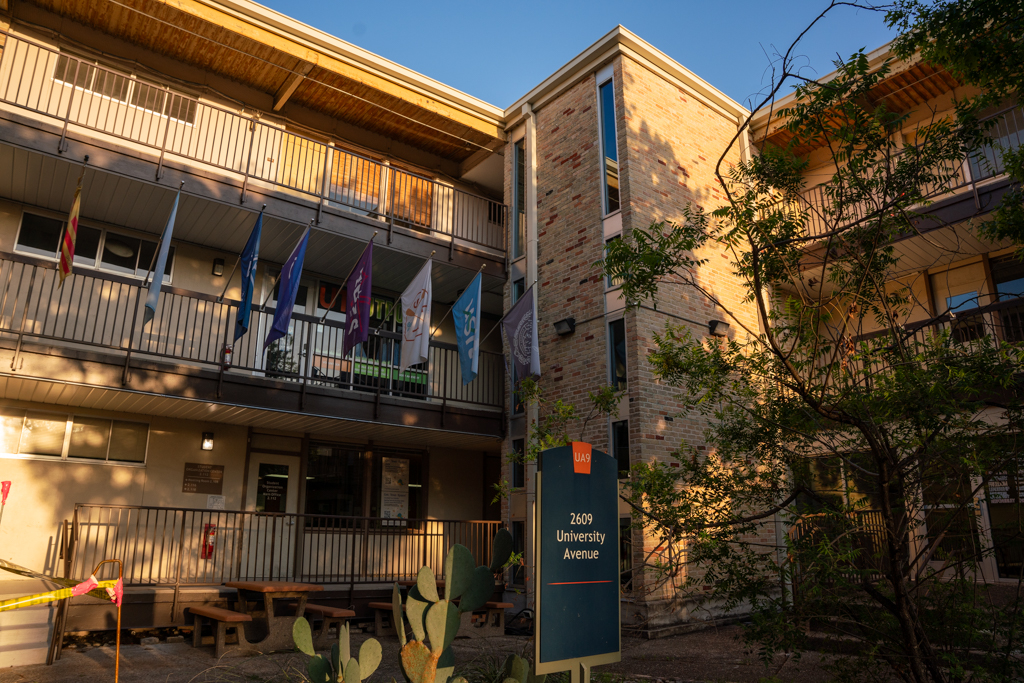Austin ranked 32nd out of 51 U.S. cities in a recent Forbes magazine evaluation of the best cities for technology jobs.
Mark Schill, vice president for research for the Praxis Strategy Group that compiled the rankings, said a loss of technology manufacturing jobs in Austin contributed to the low ranking.
“We were surprised by this result,” Schill said. “I think what’s interesting is Austin has done pretty well overall. The loss was in the manufacturing industry.”
Schill said he believes layoffs at major manufacturing companies and a shift of labor to foreign markets contributed to the loss of 17,000 jobs in semiconductor, computer and circuit board manufacturing over the past decade. Praxis Strategy Group used labor statistics gathered from state and federal entities from the past 10 years to rank cities based on job growth and job loss, Schill said.
He said Austin still has twice as many technology jobs as most cities of comparable size.
He also said Austin had a 10-percent loss in the research and development sector of technology employment over 10 years, which he didn’t expect.
“Austin didn’t do as well in research and development as I thought it would in the university environment,” Schill said. “Usually a university presence promotes growth in that area.”
Graduate computer sciences student Ioannis Rouselakis said he hasn’t heard of Austin’s ranking in Forbes and still has faith in Austin’s technology job market.
“I know Austin is good regarding technology,” Rouselakis said. “I have many friends who work at technology-related companies such as AMD, ARM and Google. I’m really positive about Austin regarding technology job opportunities.”
Isaac Barchas, director of the Austin Technology Incubator, said he had not looked into the methodology Praxis Strategy Group used to conduct the rankings but was surprised Austin did so poorly.
“Most of the people on the ground here in the tech industry would be very surprised to hear this because we see that demand for technology jobs outpaces the supply,” Barchas said.
The Austin Technology Incubator, a University-supported initiative that helps develop technology based startup businesses in the early stages, has secured $75 million in investments to support 50 fledgling companies in the past three years, Barchas said.
“If you look at what’s happening at the University of Texas right now, students are increasingly becoming involved in entrepreneurship and startups,” Barchas said. “This is something that’s being increasingly supported by the University through many programs.”
The Office of Technology Commercialization at UT has made significant changes over the past year to increase the marketing technologies developed by students and faculty, said Betsy Merrick, associate director of marketing for the office.
The University of Texas at Austin licensing revenues jumped from $14 million in fiscal year 2009-2010 to $25.6 million in fiscal year 2010-2011, Merrick said. She said recent initiatives to improve marketing were in addition to policies that made the office successful in the past.
“Over the past nine fiscal years, the University of Texas at Austin has created over 60 new companies to commercialize UT Austin technology,” Merrick said.
She said in 2010 UT created more companies than any other Texas institution of higher learning.




















